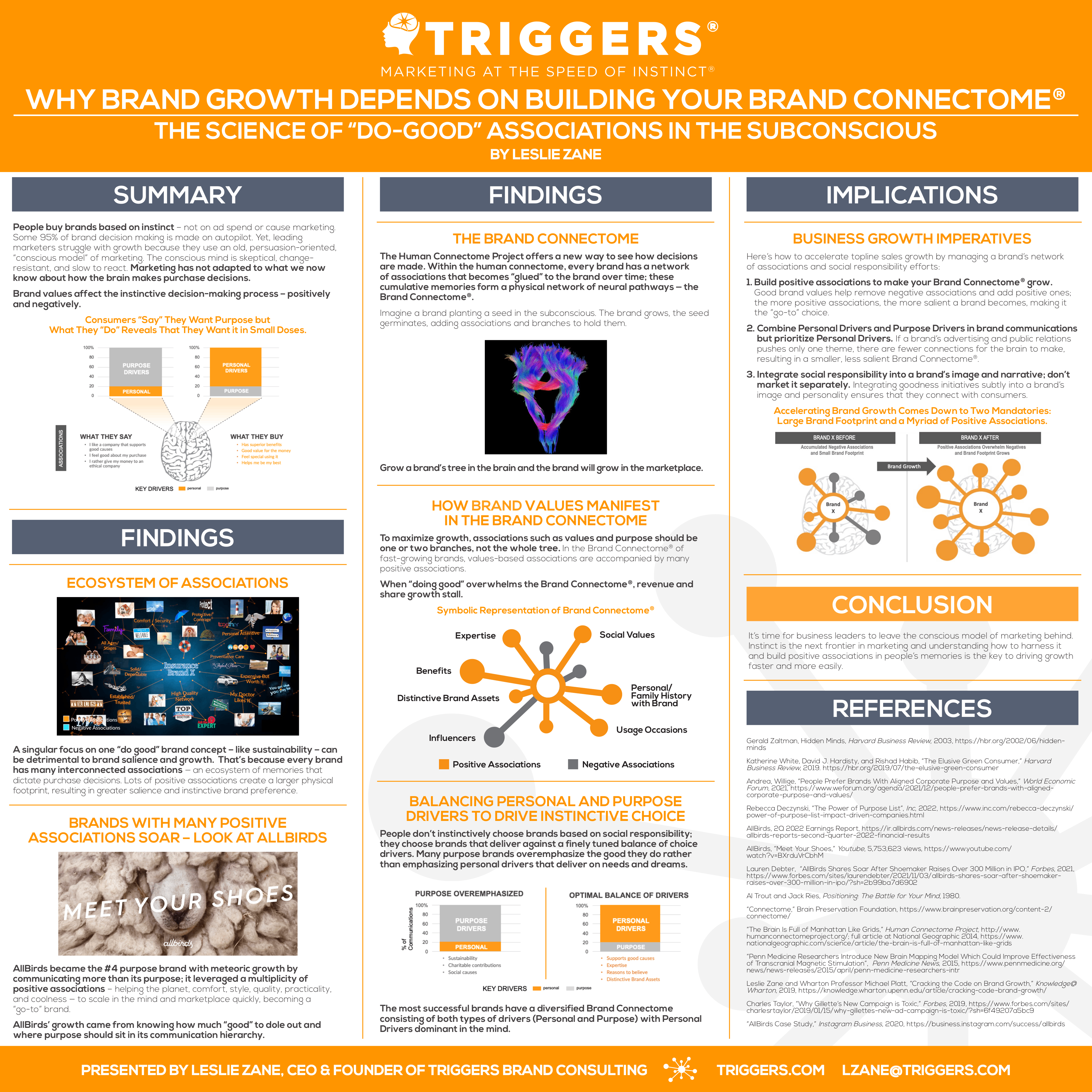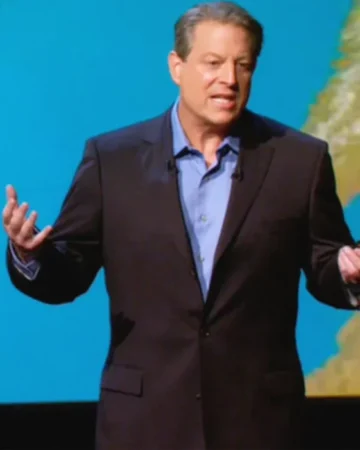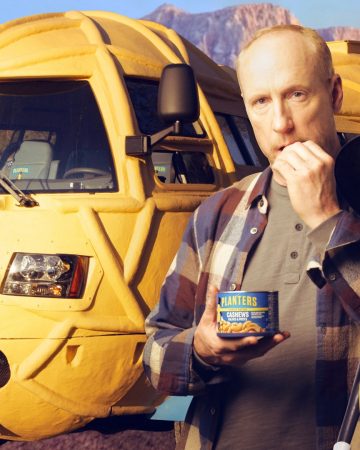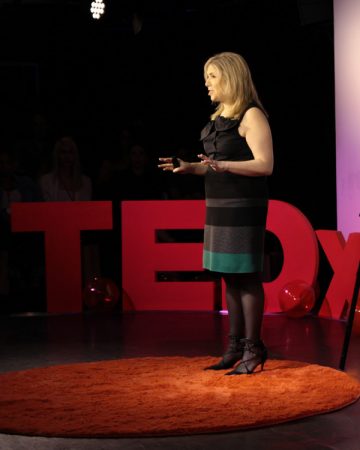American Marketing Association
People buy brands based on instinct – not on ad spend or cause marketing. Some 95% of brand decision making is made on autopilot. Yet, leading marketers struggle with growth because they use an old, persuasion-oriented, “conscious model” of marketing.
Feb 02, 2023
Fortune
To reach people who are unconvinced or unconcerned about climate change, step one is to avoid confrontation. When we argue, get angry, or focus on telling people that they’re wrong, their existing views become more entrenched.
Jan 31, 2023
World Economic Forum
Efforts to consciously persuade people not to be biased are counterproductive. The brand research concept of 'connectomes' can be applied to perceptions of groups too. Exposing people to positive reinforcement regarding other groups can influence such social connectomes.
Jul 29, 2021
WSHU Public Radio
New Yorkers with underlying conditions can get vaccinated starting February 15th. Also, paid family leave might actually happen, how $4 Billion in federal aid will be spent, and Super Bowl ads in the age of COVID.
Mar 17, 2021
Newsweek
Recovering from a recession, and perhaps even a depression, always involves something of a Catch-22. Jump-starting an economy requires consumer confidence. But consumers only feel confident to start spending when broad economic markers are improving—or at least that's how it appears on the surface.
Jun 26, 2020
Scientific American
Getting people to comply with social distancing policies is basically an exercise in marketing.
Mar 30, 2020
NBC News
No brand ends the life of a mascot after more than 100 years lightly. But will this “funeral” give people a new perspective on Planters? Mr. Peanut is dead. Planters killed off the mascot in a playful pre-Super Bowl ad that portrays him as a life-saving hero. The company “leaked” the ad early, generating a ton of buzz in the media, particularly on Twitter, well in advance of the game. Read what Leslie has to say about it.
Feb 02, 2020
Harvard Business Review
Workplaces are much like marketplaces. They’re filled with people pitching — effectively, trying to “sell” — ideas and competing to get the go-ahead from their bosses, the “buyers.” Even CEOs have to sell ideas to their boards.
Aug 19, 2019
TEDxChelseaPark
What do Apple, Oprah and winning political candidates have in common? More than you might think. Through 25 years spent working with some of the world’s most iconic brands, Leslie Zane has discovered that all extraordinary successes have one thing in common and it lies deep in people’s subconscious.
Jul 29, 2019
Media Post
It’s a fundamental idea that has long been drilled into the minds of marketers: that brands have a predetermined lifespan. But it’s scientifically inaccurate, and leads marketers to miss tremendous opportunities.
Jul 19, 2019









